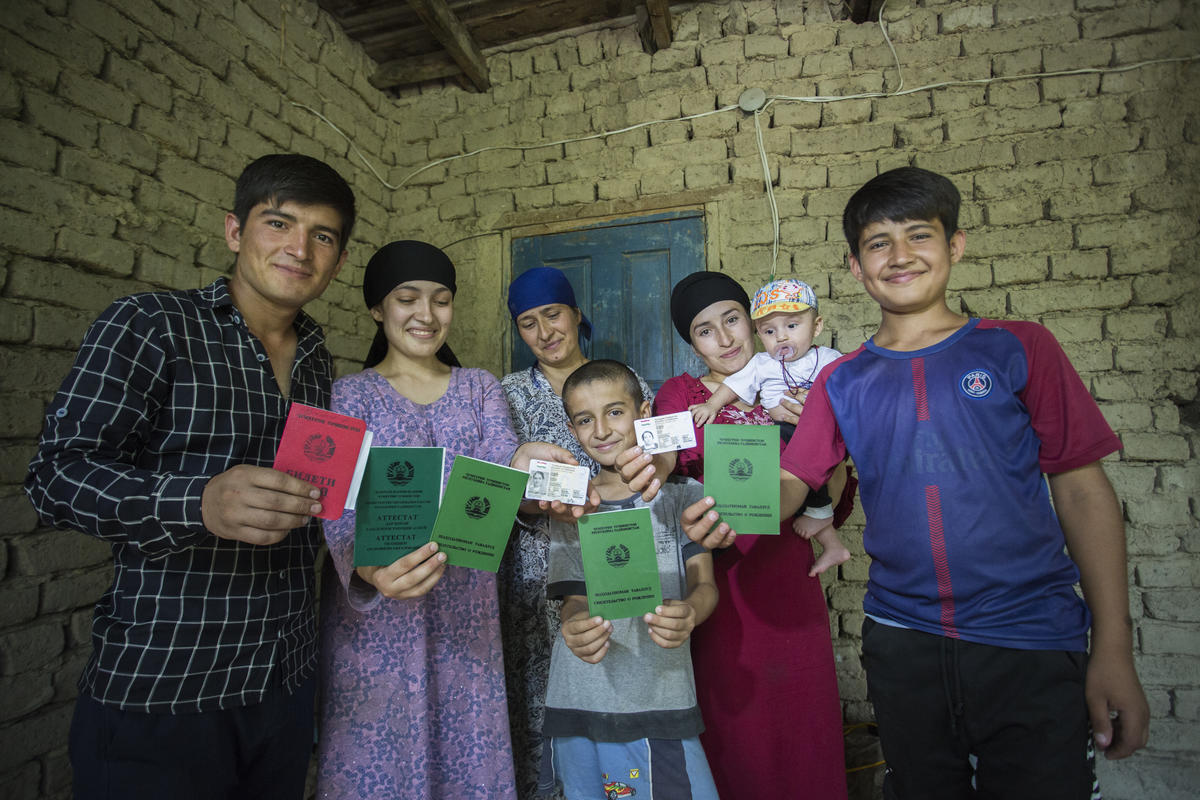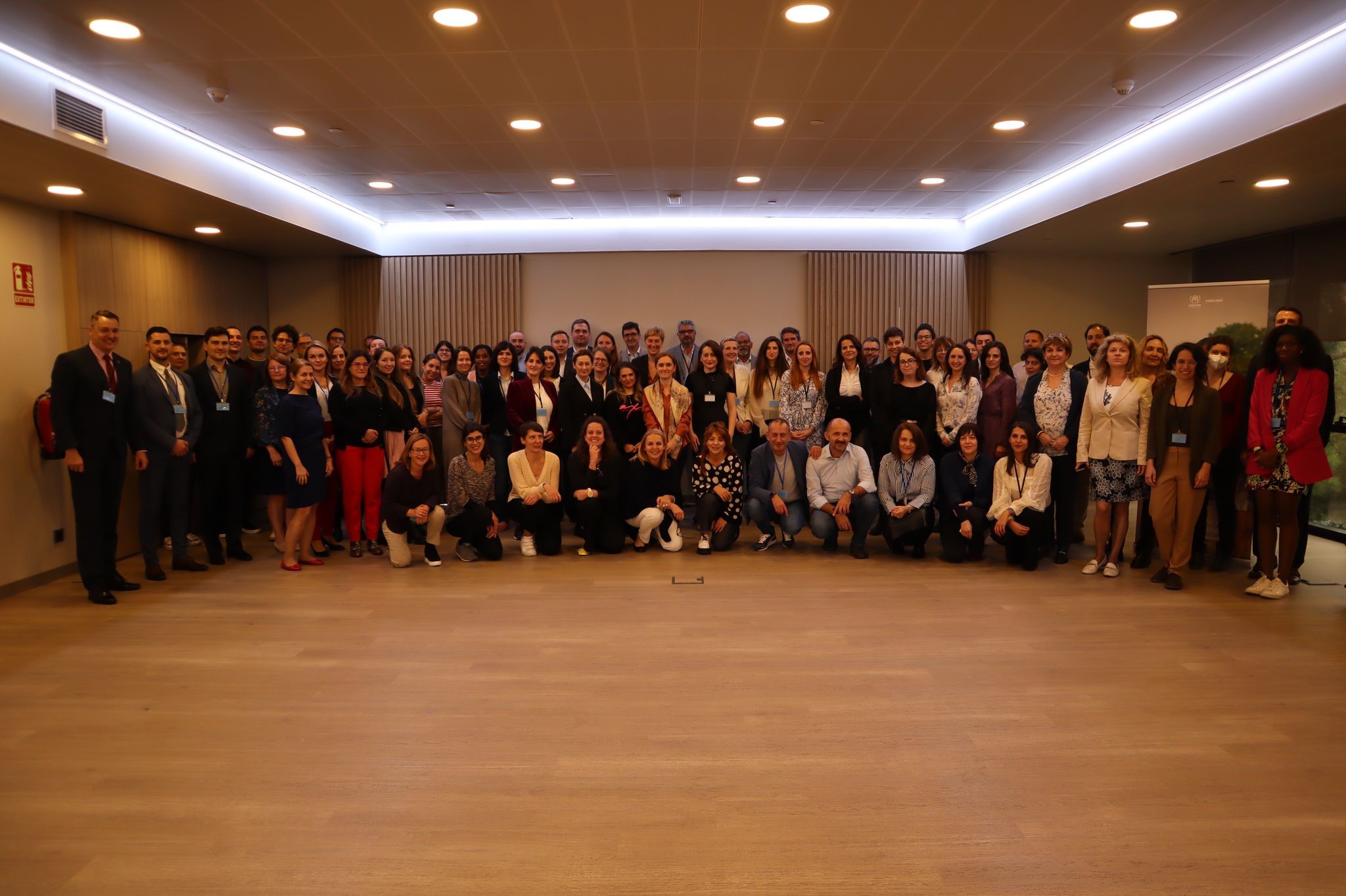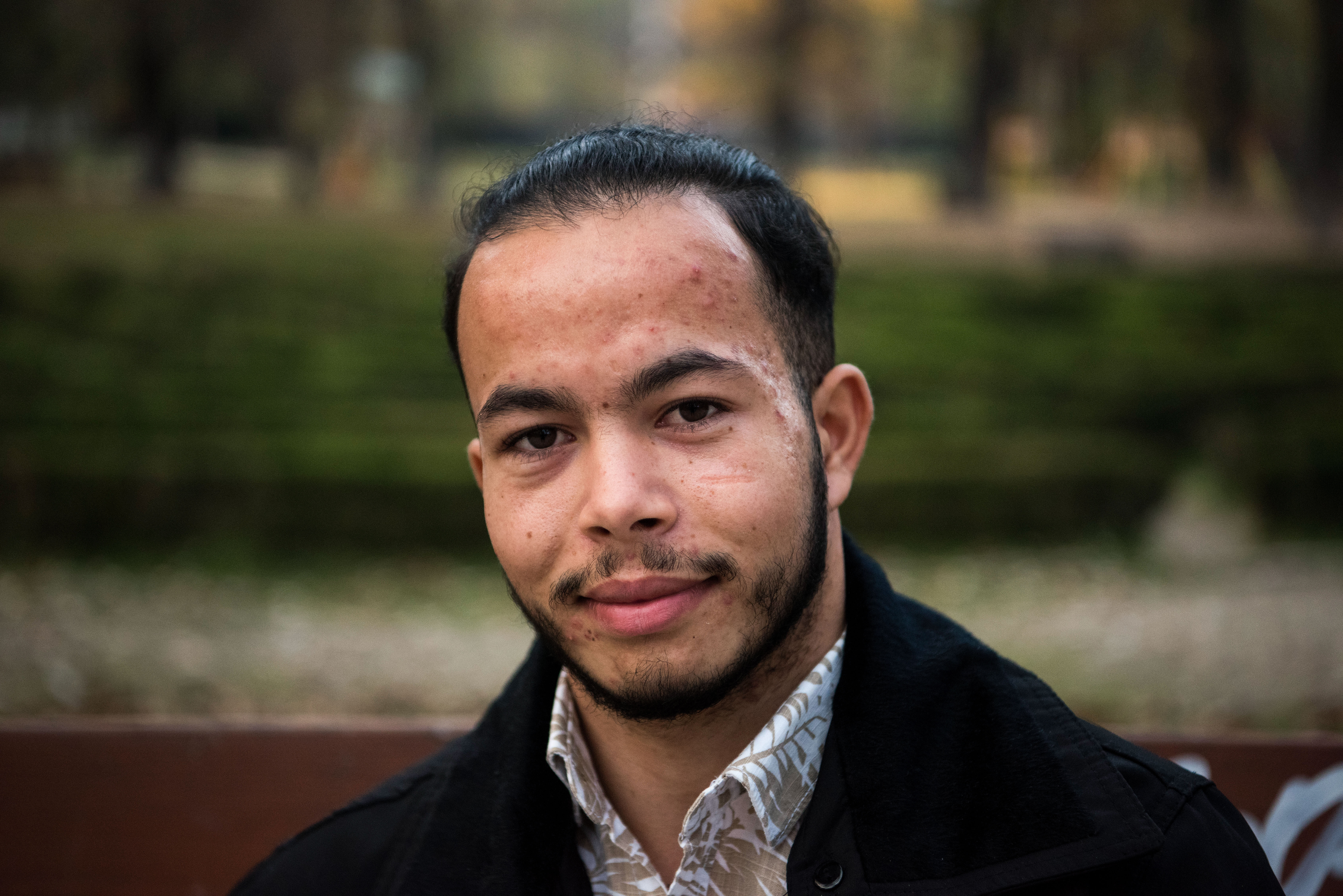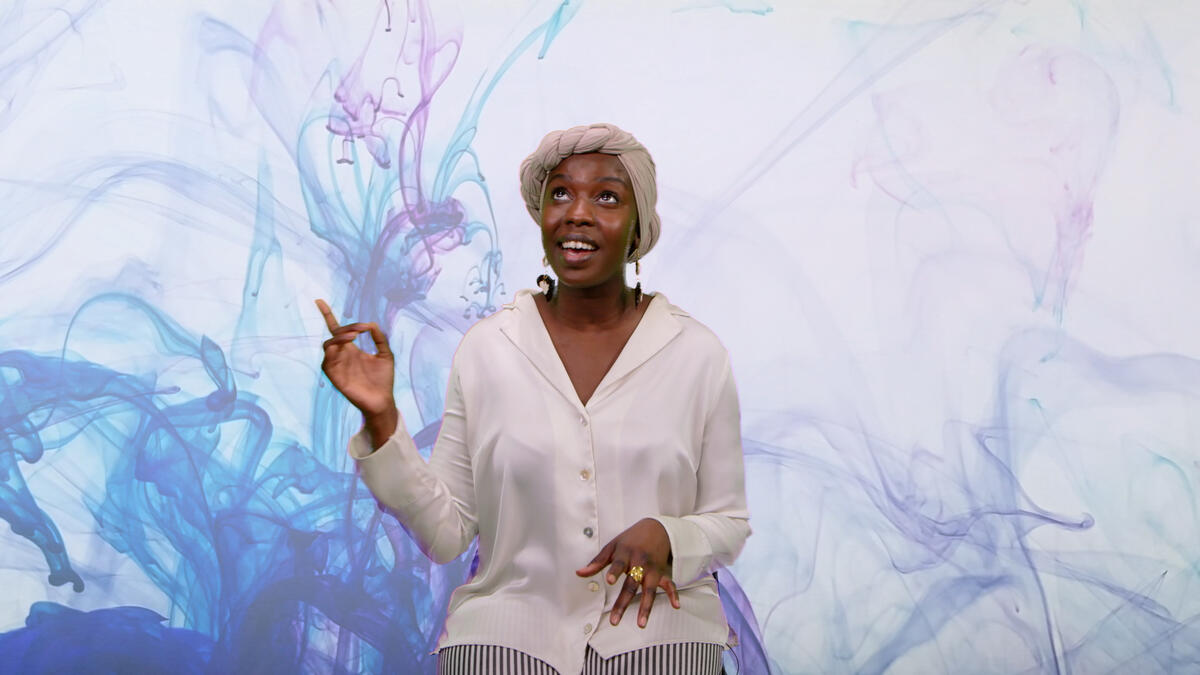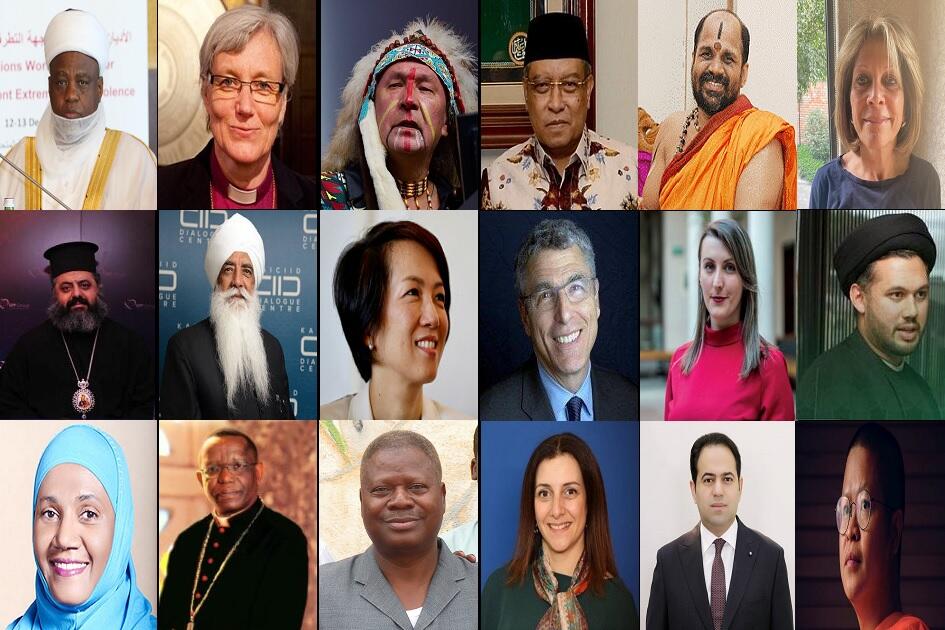Myanmar: UNHCR promotes first significant steps towards citizenship for disenfranchised minority
Myanmar: UNHCR promotes first significant steps towards citizenship for disenfranchised minority

SIN OH ALEL HAMLET, Myanmar, 23 July (UNHCR) - It's been a good day for 19-year-old Noor Hakim. He's just secured a government identity document, vital for doing almost anything in a country focused on formal papers.
"Now I can travel," said Noor Hakim, a Muslim student. "It can also be useful to apply for marriage permission," he added, holding the laminated Temporary Registration Certificate (TRC) he had just received from a government official in this hamlet in northern Rakhine state.
Providing identity documents to an initial 35,000 Rohingyas - with more to follow - is the culmination of a five-year effort by UNHCR to ameliorate the effects of statelessness for the region's Muslims, who are known to the outside world as Rohingyas.
Most have never had any official ID card. "We have been waiting 15 or 16 years for it," said one man in this hamlet. "For the older people, the wait has been even longer." About 200,000 persons in the area are estimated to need identity documents.
With a U.S. contribution of $689,000, UNHCR is providing logistical support to the operation, as well as a photographer and photocopy and lamination machines to aid in the laborious process of handwriting thousands of TRCs. The government declined the UN refugee agency's offer to produce hi-tech cards with biometrics and security features because its ordinary ID cards issued to other citizens do not live up to that standard. Importantly, UNHCR managed to persuade village authorities to issue the TRCs free of charge.
Although Muslims make up 76 percent of the population of northern Rakhine state, the Myanmar government does not consider them citizens, and prefers to call them "residents of Rakhine state." It even rejects the terminology "residents of Myanmar," because it does not want to imply they have the right to live anywhere in the country.
Denial of citizenship to the Muslim minority" has seriously curtailed the full exercise of their civil, political, economic, social and cultural rights and led to various discriminatory practices," the UN Special Rapporteur on human rights in Myanmar, Paulo Sergio Pinheiro, said in an April statement signed by five other UN human rights experts. It cited severe restrictions on freedom of movement; various forms of extortion and arbitrary taxation; land confiscation and forced evictions; restricted access to medical care, food and adequate housing; forced labour; and restrictions on marriages.
UNHCR has been present in northern Rakhine state for the past 13 years, monitoring the welfare of more than 230,000 Muslim former refugees who returned from next-door Bangladesh from 1992 onwards. They had originally fled Myanmar in 1991, and some 26,000 remain in UNHCR-run camps in Bangladesh.
"In addition to monitoring returnees in northern Rakhine state, we have increasingly become involved with the larger stateless population as part of UNHCR's mandate to prevent and end statelessness around the world," said Jean-François Durieux, the refugee agency's Representative in Yangon.
"In Myanmar we have the largest UNHCR programme of assistance to stateless persons," he said. "In this context, the issuance of TRCs could be an important step towards a clear legal identity, and eventually acquiring full citizenship."
What is clear is that government documents reign supreme in northern Rakhine state, where a vast number of written and unwritten discriminatory rules govern the lives of Muslim residents.
The region's Muslims must apply for written permission to travel out of their home villages, and another permission document to sleep overnight in another village.
Marrying without permission - and permission is often denied or delayed - can bring hefty fines and prison sentences and turns children of such "illegal" marriages into stateless non-persons. For the poverty-stricken Muslims of Rakhine state, complying with the myriad restrictions requires an onerous and mostly unofficial payment every step of the way.
The Temporary Registration Certificate - a document issued under the citizenship law - will help the Muslims of at least eight village tracts (where the first TRCs are being issued) comply with regulations. "We hope this is a first step towards mainstreaming the area's residents into Myanmar society," said Durieux.
"The more papers they have to prove their identity, the more it will help them in the long run," added Jayshree Jayanand, acting head of the UNHCR office in Maungdaw, who observed the distribution of TRCs in this hamlet.
The UN refugee agency is taking steps on another front to try to end statelessness here by funding Myanmar language classes. They give Rohingyas a leg up because speaking Myanmar is a precondition to naturalization under the citizenship law.
Shanuwar Begom, an 18-year-old graduate of a UNHCR-funded Myanmar language course, said "it helped a lot because now I know how to read and write my name and my family's name and I can read some written papers. It will help a lot in dealing with the authorities." She is, she added, the only one of the 11 people in her extended family who can read or write at all, because the Rohingyas' local dialect has no script.
By Kitty McKinsey in northern Rakhine state, Myanmar


